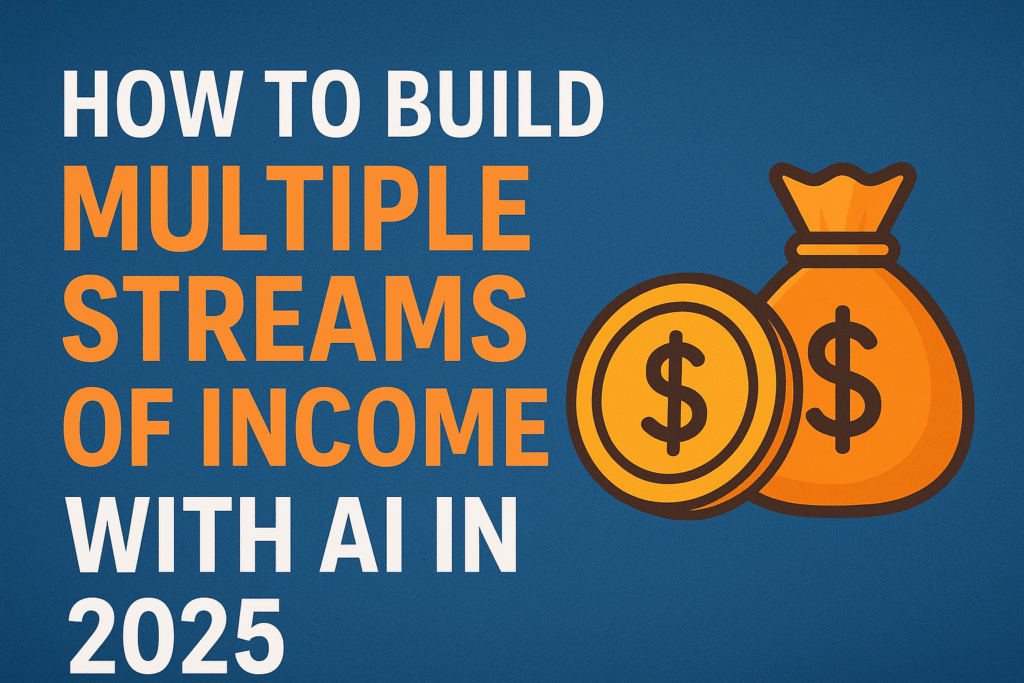
Artificial Intelligence (AI) has rapidly transformed from a futuristic idea into a daily reality. From chatbots that handle customer service to AI-powered healthcare tools that save lives, its presence is undeniable. But what lies ahead in the next decade? How will AI evolve, and what impact will it have on work, society, and personal life? Let’s explore the possibilities.
—
1. AI Becomes More Human-Like
In the next 10 years, AI systems will become increasingly capable of mimicking human behavior. With advanced natural language processing, machine learning, and reasoning, AI assistants may not just respond to prompts but proactively anticipate needs. This means AI could become more conversational, empathetic, and context-aware, blurring the line between human and machine interaction.
—
2. Revolutionizing Healthcare
AI is already being used to detect diseases, analyze scans, and recommend treatments. In the future, expect AI to:
Predict health risks based on genetics and lifestyle.
Provide virtual AI doctors for routine checkups.
Enhance drug discovery, making treatments faster and more affordable.
This could lead to longer life expectancy and better quality of care for billions.
—
3. The Workplace of the Future
AI will reshape the job market. While some repetitive roles may disappear, new opportunities will emerge in AI development, ethics, and oversight. Automation will streamline workflows, allowing humans to focus on creativity, strategy, and decision-making. Businesses that adopt AI wisely will grow faster, while those that resist risk being left behind.
—
4. AI and Education
In education, AI will deliver personalized learning experiences. Imagine every student having a virtual tutor that adapts to their strengths and weaknesses. AI-powered platforms will help teachers save time on grading, lesson planning, and tracking progress, creating more room for meaningful interaction with students.
—
5. Smarter Cities and Homes
AI will drive the growth of smart cities powered by data and automation. Traffic management systems will reduce congestion, AI-driven energy grids will save resources, and predictive policing may enhance security. In homes, AI assistants will become the central hub for managing appliances, safety, and entertainment.
—
6. Creativity Powered by AI
From music composition to digital art, AI is already contributing to creative fields. Over the next decade, collaboration between humans and AI will redefine what creativity means. While some fear AI could replace human originality, many experts believe it will instead amplify human creativity by offering new tools and inspiration.
—
7. Ethical and Regulatory Challenges
As AI grows more powerful, ethical concerns will increase. Key questions will include:
How much control should AI have in decision-making?
How do we prevent bias in AI systems?
Who is responsible when AI makes mistakes?
Expect governments to enforce stricter regulations and guidelines to ensure safe, fair, and transparent AI use.
—
8. AI in Daily Life
From autonomous cars to AI-driven shopping experiences, daily life will become more automated. Virtual personal assistants may handle banking, travel, and even emotional support. While this promises convenience, it also raises questions about privacy and over-reliance on technology.
—
9. The Global AI Economy
By 2035, AI could contribute trillions of dollars to the global economy. Countries investing heavily in AI infrastructure—such as the U.S., China, and European nations—will likely lead in innovation. Developing countries will also leverage AI to accelerate progress in education, agriculture, and public health.
—
10. Humans and AI: Partners, Not Rivals
The biggest shift will be in how we view AI—not as a competitor but as a partner. The future will not be about humans versus AI but humans working alongside AI to solve complex challenges. This partnership has the potential to transform industries, improve quality of life, and shape a better world.
—
Conclusion
The future of AI is full of promise, but it also requires responsibility. Over the next decade, AI will redefine how we live, work, and interact. Embracing its potential while addressing ethical concerns will be the key to ensuring that AI serves humanity in meaningful ways.